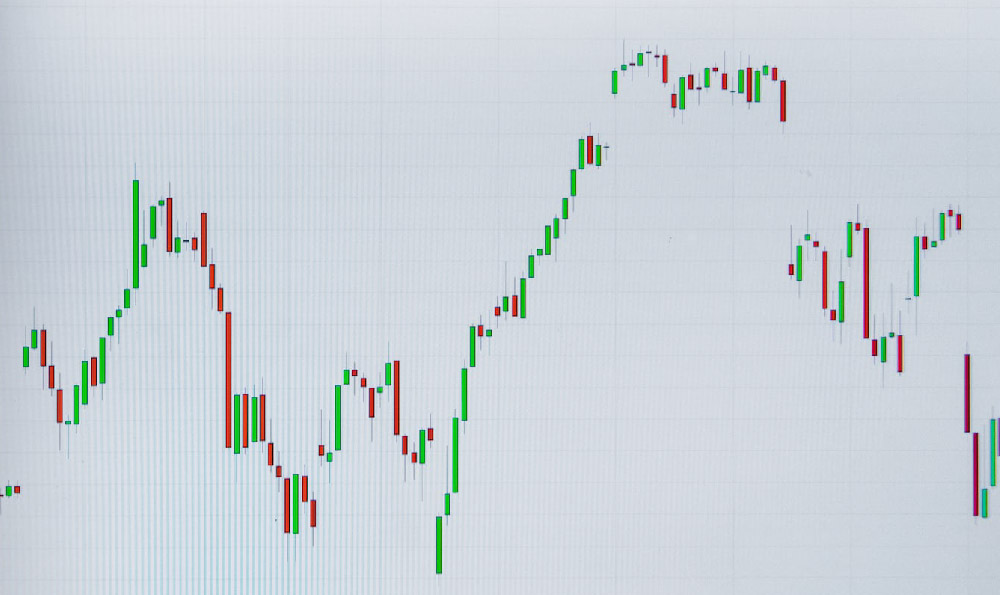Rappers, as cultural icons and music entrepreneurs, have built their careers around a unique blend of artistry and financial strategy. Their income sources extend far beyond the stage, encompassing a dynamic ecosystem that includes traditional revenue streams, digital platforms, and emerging opportunities in the entertainment and technology industries. Understanding these avenues is crucial not only for aspiring rappers but also for fans and investors seeking to grasp the multifaceted economics of hip-hop. The first step in analyzing how rappers generate income is to recognize that their wealth is often a product of both creative output and astute business decisions.
Live performances and touring have historically been a cornerstone of a rapper’s earnings. Despite the dominance of streaming services and digital downloads, the energy of a live show remains a powerful tool for revenue generation.Successful rappers often command substantial fees for headlining events, with certain performances attracting millions in ticket sales. The value of a live event is amplified by the number of attendees, the popularity of the venue, and the overall impact of the performance. For example, high-profile rappers such as Jay-Z or Kanye West have utilized their global fanbases to secure lucrative tour deals, often partnering with tour organizers and promoters to maximize exposure and income. Additionally, the production of live events involves careful budget planning, including costs for sound equipment, stage design, and travel, which can significantly affect profitability.
Music sales and streaming represent another critical revenue source for rappers. The transition from physical albums to digital formats has changed the way artists earn money. Platforms like Spotify, Apple Music, and YouTube provide a global audience for music, allowing rappers to generate income through streaming royalties. However, the earning potential varies widely based on factors such as the number of streams, the subscription model of the platform, and the distribution agreements with record labels. In many cases, rappers have shifted their focus from selling albums to prioritizing streaming success, as digital platforms offer more consistent revenue streams. To optimize income from this source, rappers often work with publishing companies and distributors to ensure fair compensation for their work.

Brand collaborations and sponsorships have become increasingly significant in the modern music industry. Rappers frequently leverage their personal brand and fanbase to secure partnerships with corporate entities, which can range from clothing lines to tech companies. For instance, collaborations with brands like Nike or Gucci not only provide financial rewards but also enhance a rapper's marketability. These partnerships often involve product endorsements, co-branded campaigns, and even revenue from retail sales. The key to maximizing these opportunities lies in aligning with brands that resonate with the rapper’s identity and audience. Additionally, rappers may engage in affiliate marketing, where they earn commissions from purchases made through their social media links or personal websites.
The development of merchandising and derivative products has further diversified a rapper’s income. From limited-edition T-shirts to vinyl records and branded accessories, merchandise sales play a vital role in sustaining an artist’s financial health. The value of merchandise is tied to the rapper’s cultural influence, with certain fanbases willing to pay premium prices for branded items. To succeed in this area, rappers often use online marketplaces and social media to distribute their merchandise, as well as collaborate with designers to create exclusive pieces. Moreover, the rise of digital platforms has enabled creators to sell music-related products globally, bypassing traditional retail limitations.
In the digital age, social media has become a powerful tool for monetization. Rappers use platforms like Instagram, Twitter, TikTok, and YouTube not only to connect with fans but also to generate additional income through sponsored content, brand partnerships, and direct fan support. Patreon and other membership platforms allow artists to receive financial backing from dedicated followers, offering a steady stream of income. Furthermore, social media algorithms and trends can directly influence a rapper’s earnings, as viral content often leads to increased visibility and lucrative opportunities.
Finally, the accessibility of new revenue streams such as content creation and gambling ventures have opened additional avenues for income generation. Some rappers have leveraged their influence by creating YouTube channels, podcasts, or vlogs, which provide direct revenue through advertising and sponsorships. The integration of cryptocurrency and blockchain technology has also introduced new possibilities, allowing artists to monetize their work through NFT sales and decentralized platforms. This emerging trend is still in its early stages, but it highlights how the digital transformation continues to reshape the income landscape for music creators.
The ability to navigate these diverse income sources is not just about financial gain but also about long-term success and sustainability. Rappers must balance their creative ambitions with strategic financial planning, ensuring that their earnings align with their artistic goals. For example, investing in high-quality equipment, hiring skilled collaborators, and managing budgets effectively can help rappers maximize their profitability. Moreover, the importance of managing financial risks cannot be overlooked, as the music industry is inherently volatile. Diversifying income streams and maintaining a stable financial foundation are essential strategies for long-term growth.
The evolution of the music industry has created new opportunities for rappers to innovate and adapt. By embracing digital platforms, exploring creative ventures, and strategically managing their personal brands, rappers can create a robust financial portfolio. This involves not only understanding how to earn money but also how to invest in their careers and protect their assets. For instance, the ability to monetize through multiple channels—traditional and digital—can provide a more stable income than relying on a single source. Additionally, the importance of legal protection, such as music copyrights and brand trademarks, cannot be underestimated. These measures help ensure that rappers retain control over their creative work and financial interests.
Ultimately, the financial success of a rapper is a product of both talent and business acumen. By exploring multiple income sources, investing in their careers, and staying informed about industry trends, rappers can build a sustainable financial foundation. This requires a strategic approach that balances creativity with financial planning, ensuring that their earnings support both their artistic pursuits and their long-term goals. The ability to navigate this complex landscape is not only a skill but also a necessity in the modern music industry, where financial opportunities are as diverse as the artistry itself.












